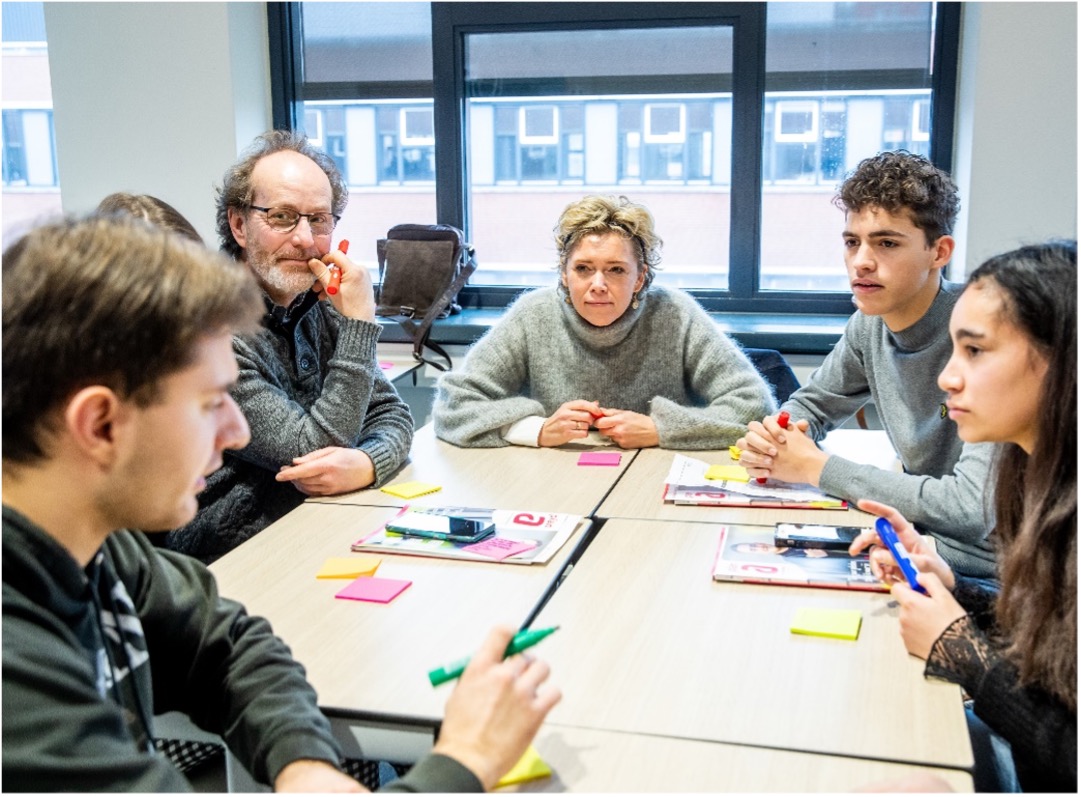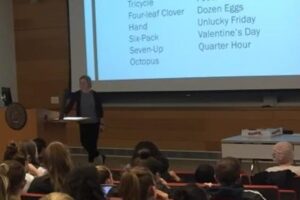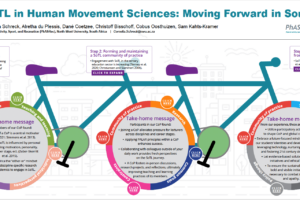
Empowering the Next Generation in a Globalising World
Our societies are transforming into multicultural hubs as the work field is globalising and as migration is on the rise. Meanwhile all human beings are confronted by multiple global crises that impact daily life and that require cooperation at a global scale. In this context the internationalisation of higher education institutions can play a vital role to empower the next generations to live and function as global citizens: Therefore, it is time to place intercultural sensitivity and intercultural competence at the centre of higher education programme learning outcomes. Intercultural sensitivity is the ability of recognising relevant cultural differences as well as thinking about and interpreting events from an intercultural perspective.
Our study reports on the impact of a new intercultural learning intervention that effectively developed local Dutch students’ intercultural sensitivity. It also provides an explanation of this impact. For the intervention, we used the theory of the Creative Action Methodology pedagogy as a heuristic tool. This pedagogical approach focuses on developing critical, analytical, and creative skills by having students break away from a culture of the truth.
We developed an intercultural learning intervention in which we applied an iterative process between ‘knowledge, comprehension, and conditions and attitude’ to overcome students’ ‘resistance/confusion’ to break away from a culture of the truth: As the students learn to break away from a culture of the truth, the students become more open, investigative, and respectful, seeking multiple perspectives while also considering and valuing perspectives that differ from their own.
The findings from this study answer the research question ‘How can students’ intercultural sensitivity be developed?’ The answer is that it can be developed by using the Creative Action Methodology pedagogy to have students break away from a culture of the truth. While most studies explain human behaviour by nature or by nurture, this study examines it by combining both theoretical points of view. This is new.
Read the full article in TLI here.




